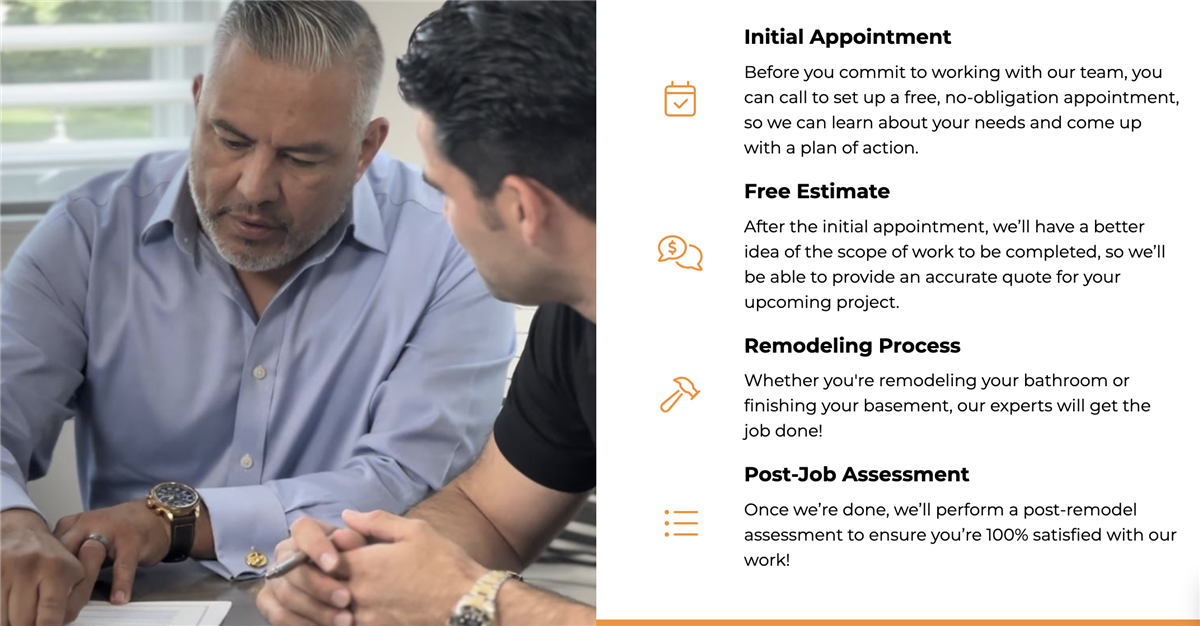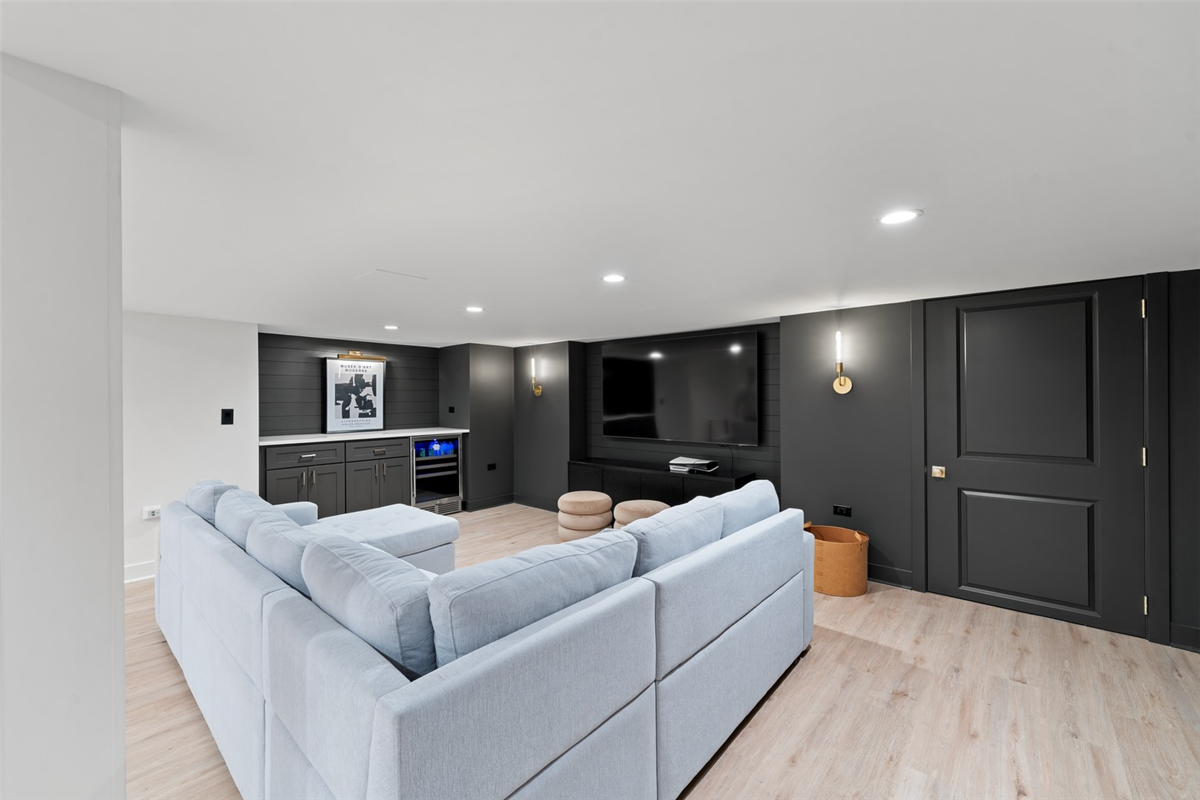Basements are incredibly flexible spaces. With a little imagination, they can be transformed to fit any purpose you can think of - whether that’s a music room, a library or an extra bedroom. But perhaps one of the most practical uses of a basement is as an office. Separated from the rest of the home, a basement can, with a little planning, become a quiet, tranquil and creative space perfect for concentration and productivity. But how do you create the office basement? With a little help from us, of course!
1. Understand the limitations of your space
Not every basement is a huge, sprawling mass of square meters. But thankfully, an office can adapt to the size of your basement, and the key to creating a workable underground space is to understand the limitations.
For small basements, concentrate first on your ‘must have’ areas; somewhere to work from a desk, a relaxation area, and somewhere to file your papers. If your basement is larger, you can get more creative - perhaps even incorporating a kitchen or break-out area with Foosball table or guitar stands. If you will be using your basement as a meeting space, add a comfortable area to sit with clients - one where both you and they can relax and be at ease.
2. Waterproof your basement
Every basement needs to be waterproofed, but the urgency is all the more apparent with underground office spaces. Why? Because the last thing you need is to damage your expensive equipment, and fork out to repair or replace computers, laptops or tablets. If your basement is not waterproofed, moisture can be incredibly damaging. Mold and mildew is unsightly and smelly - which will not help your cause if you have clients to visit.
3. Add an exclusive entrance
If you’re intending on using your office for regular client meetings, a separate entrance will add a touch of professionalism. Instead of entering through the front door, invite your visitors through your business entrance, away from the domesticity of the rest of the house. But a word of warning; before you add an exclusive entrance, be sure to double-check with local codes.
4. Pay attention to lighting
Lighting is incredibly important in an office - and all the more crucial because your office is underground. Make sure you add plenty of natural lights, so you can work without squinting or getting a headache. Basements can suffer from poor light levels, so it’s up to you to put in the effort and incorporate lighting where you can.
5. Be organized
And last but not least, make sure you build plenty of storage space in to your basement. A cluttered office is distracting and unprofessional; so make the extra effort to be organised and get your items in perfect order. Once everything’s in it’s right place, you’ll be ready to get to work!
Subscribe to Matrix Home Solutions's Blog





Comments